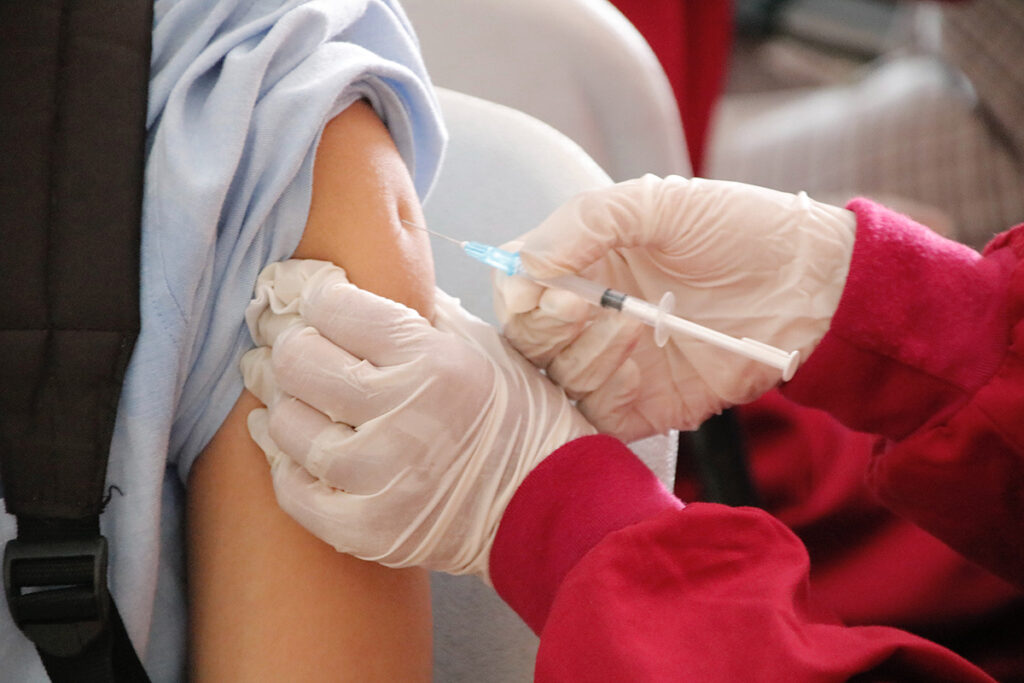Smoking significantly influences the production of inflammatory cytokines during infection, alongside factors such as latent cytomegalovirus infection, body mass index, age, gender, genetics, and immune cell composition.
Smoking promotes inflammation and reduces immunity to infections. It affects both innate and adaptive immune responses, amplifying the inflammatory response to bacterial and viral infections. Smoking cessation can alleviate inflammation.
Smoking’s Impact on T-Cell Immunity
- Smokers exhibit a 23% increase in circulating CD45+ cells and a 26% increase in regular lymphocytes compared to non-smokers. These alterations in circulating T-cell populations may result from reduced adherence to blood vessel walls due to lower antioxidant concentrations in smokers.
- Active smokers show a 43% increase in the number of activated Treg cells and a 41% increase in memory Treg cells. This effect persists in former smokers, albeit to a lesser extent.
- Active smokers experience a reduction in NK cells, innate lymphoid cells (ILC), γδ T cells, and MAIT cells. Depletion of ILC in mouse studies was associated with loss of respiratory tract epithelial integrity, decreased lung function, and impaired airway remodeling.
Smoking’s influence on adaptive immune response may stem from changes in DNA methylation, with the most notable alteration associated with smoking occurring in the methylation of the AHRR gene. Increased AHRR methylation is linked to smoking cessation, while decreased AHRR methylation is associated with a higher risk of COPD and lung cancer.
Smoking is associated with elevated levels of CXCL5 and CEACAM6 molecules, which regulate inflammation and impact asthma and various cancers’ development. This underscores that smoking increases the risk of diseases beyond the lungs.
Conclusion
Smoking affects immune cells to a degree comparable to age-related changes, impacting both innate and adaptive immune system components. Altered T-cell responses may persist even years after smoking cessation, leading to long-term disruptions in adaptive immune responses and contributing to infection development.
Useful article, necessary information? Share it!
Someone will also find it useful and necessary:
References
- Smoking changes adaptive immunity with persistent effects
- Natural variation in the parameters of innate immune cells is preferentially driven by genetic factors
- Smoking a Single Cigarette Rapidly Reduces Combined Concentrations of Nitrate and Nitrite and Concentrations of Antioxidants in Plasma
- Innate lymphoid cells promote lung tissue homeostasis following acute influenza virus infection
- Reversion of AHRR Demethylation Is a Quantitative Biomarker of Smoking Cessation
- AHRR (cg05575921) hypomethylation marks smoking behaviour, morbidity and mortality



